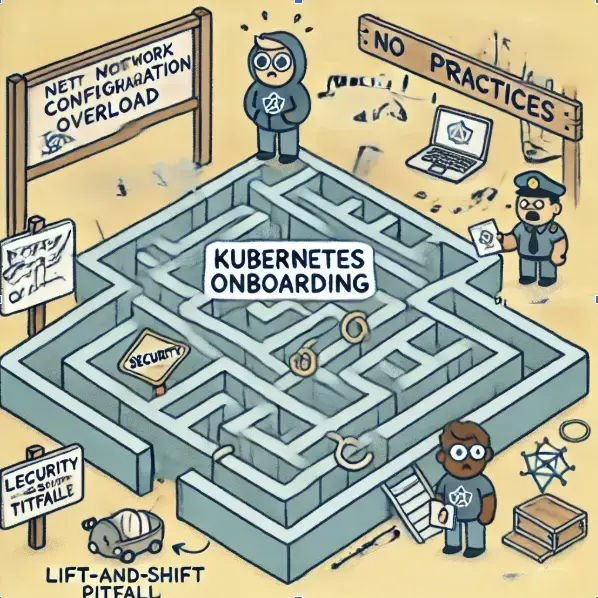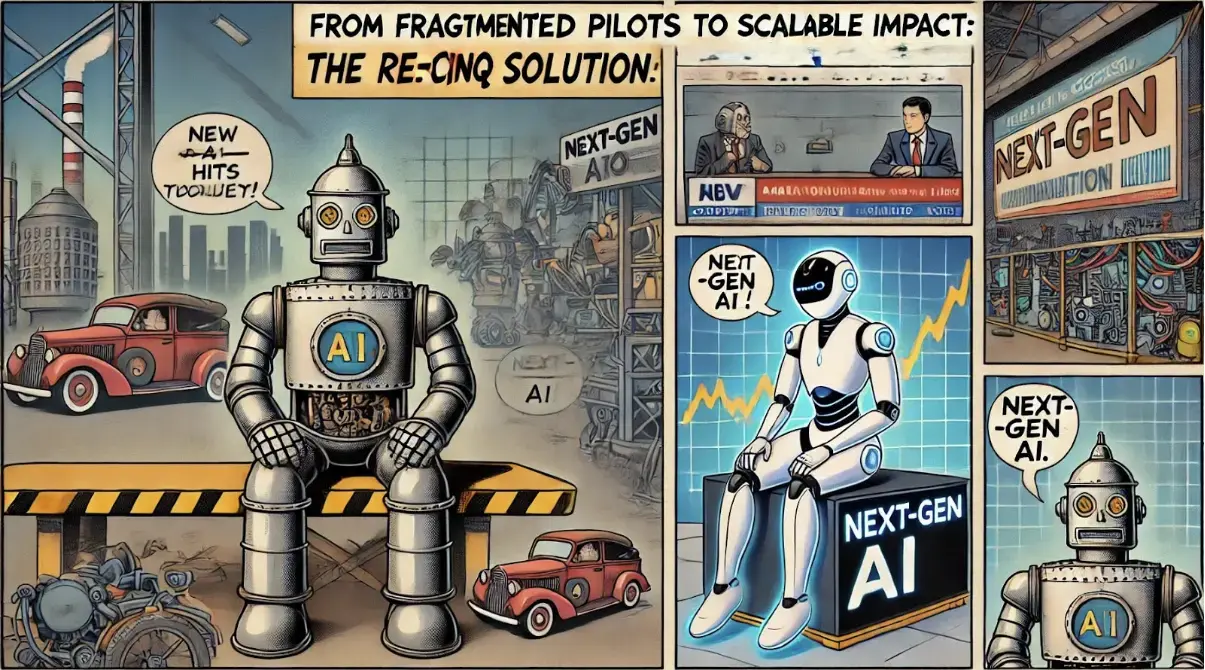Just 2% More? Could Climate Change Be That Easy?

I recently watched a thought-provoking TED Talk by Jens Burchardt from BCG How we can curb climate change by spending two percent more on everything . He presents a compelling idea: let’s tackle climate change by paying just a 2% markup on consumer products. This extra cost could finance the cleaner production of materials like steel, which often comes with a heavy carbon footprint.
Industries like steel making generate massive carbon emissions, due to their reliance on coal and fossil fuels. Upgrading to cleaner processes takes innovation and huge investments. Steelmakers say a 50% price increase would be needed, but in a competitive market, that’s a recipe for disaster.
From a consumer perspective, the 2% idea seems feasible. Think of the extra you might spend for a low-emissions car (which uses about 2 tons of steel). It wouldn’t break the bank compared to those fancy wheels you’ve been eyeing. Globally, a 2% surcharge could make a massive impact if we consider $100 trillion global annual GDP.
So Why Isn’t This Happening?
We already pay premiums for eco-friendly products, proving consumers are often willing. Unfortunately, greenwashing is rampant, with companies exploiting this for profit without delivering real change. Thanks to tighter EU regulations EU to ban greenwashing and improve consumer information on product durability , this will become harder.
But even with honest intentions, there’s a catch-22: Carmakers won’t market “green” cars until they use low-carbon steel. Steelmakers won’t invest in cleaner production without buyers for their pricier steel. It’s a stalemate with neither side able to make the risky first move.
This problem extends deep into supply chains. While consumers may drive “green” demand in the B2C world, steelmakers are far removed, operating in a B2B world. They can’t just jack up prices, even for a good cause or they will risk going out of business due to tiny margins in the steel making industry. And even if they could sell for a 50% increase in price, they still lack the capital to invent new technologies and rebuild the factories.
Fair Trade offers a glimmer of hope. That model succeeded in passing along cost increases to consumers, benefiting producers at the start of the chain. Can something similar work for industrial emissions?
How Do We Break the Cycle?
A carbon tax seems inevitable, though whether it would effectively accelerate change is up for debate. There’s also a strong argument for a mix of other approaches:
- Government Investment and Regulation: The EU Green Deal is a good example of how regulation and technology funding can nudge entire industries.
- Private Capital: Venture capital, especially from investors focused on green tech like Bill Gates, is pouring into sustainable technologies. Divestment from carbon intensive industries could free some capital for this purpose.
- Smart Carbon Tax: While controversial, a tax designed to fuel green innovation, rather than just line government pockets, could be a game-changer. Protecting low-income groups from the cost impacts is crucial here.
- Incentives for Green Investments: Tax breaks and government-matched funding could further accelerate the transition.
Getting Companies on Board
Companies like re:cinq, focused on reducing emissions for businesses, face the same dilemma. Enterprises are preoccupied with feature development and short-term profits. While there’s increasing investment in sustainability marketing and carbon accounting, overhauling product development and operations for a greener future isn’t the priority it needs to be.
How do we convince busy IT leaders (CIOs, CTOs, etc.) that even a modest investment of time and resources into emissions reduction is critical?
We need to create a greater sense of urgency. While surveys show IT leaders recognize the importance, the boots-on-the-ground reality lags behind, especially in smaller firms less affected by immediate regulations and demand for CSRD reporting.
Appealing to altruism rarely works. What’s needed is a combination of commercial pressure (the rising cost of doing things the old way) and stricter regulations. Greenwashing will backfire on large enterprises, creating further incentive for real action.
Ultimately, regulation similar to what we saw with GDPR might be the only way to force the issue. But with climate change, every day of delay hurts.
How do we speed things up?









